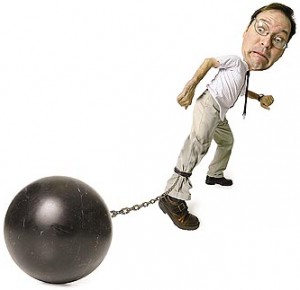Tying in the concepts of two classes, presenting and social entrepreneurship, is the company TEDx. During the presentation, the presenter mentioned that TEDx had taken “The Inconvenient Truth” by Al Gore from concept to presentation, successfully raising much-needed awareness bout global warming. Further looking into the company, it became clear that this company was unique in that aspects of the company were highly socially entrepreneurial.
With a slogan of “Ideas worth spreading”, the company is built around the mission of making good ideas heard. Without the proper avenue to express the concept, no matter how innovative or important the message, it could easily get lost during execution. What TEDx does is ensure this doesn’t happen. By providing a toolkit of necessary skills, presentations, talks and demonstrations are effectively organized. The result? Conferences, videos and projects, which are easily accessible, spreading amazing ideas.
Looking at the company’s current projects reinforce the social entrepreneurship nature of the company. Their involvement is largely targeted to developing countries. Their YouTube channel showcases a huge collection of their efforts. Not only that but their audience also includes youth, universities and corporations. Hence, the only requirement needed in order to be supported by TEDx is simply, an idea worth spreading.

 Incentive programs are no new idea. The problem issue here is what is a good incentive?
Incentive programs are no new idea. The problem issue here is what is a good incentive?


 To be honest, I read Cosmo more than Globe and Mail, chick lit more than autobiographies. That said, business blogs usually don’t come off as interesting to me. So, when I came across the gem of
To be honest, I read Cosmo more than Globe and Mail, chick lit more than autobiographies. That said, business blogs usually don’t come off as interesting to me. So, when I came across the gem of 
 Abercrombie and Fitch (A&F), one immediately conjures up images of shirtless models, basically beautiful people in overpriced clothes. One image the company doesn’t want you to bring up?
Abercrombie and Fitch (A&F), one immediately conjures up images of shirtless models, basically beautiful people in overpriced clothes. One image the company doesn’t want you to bring up?


